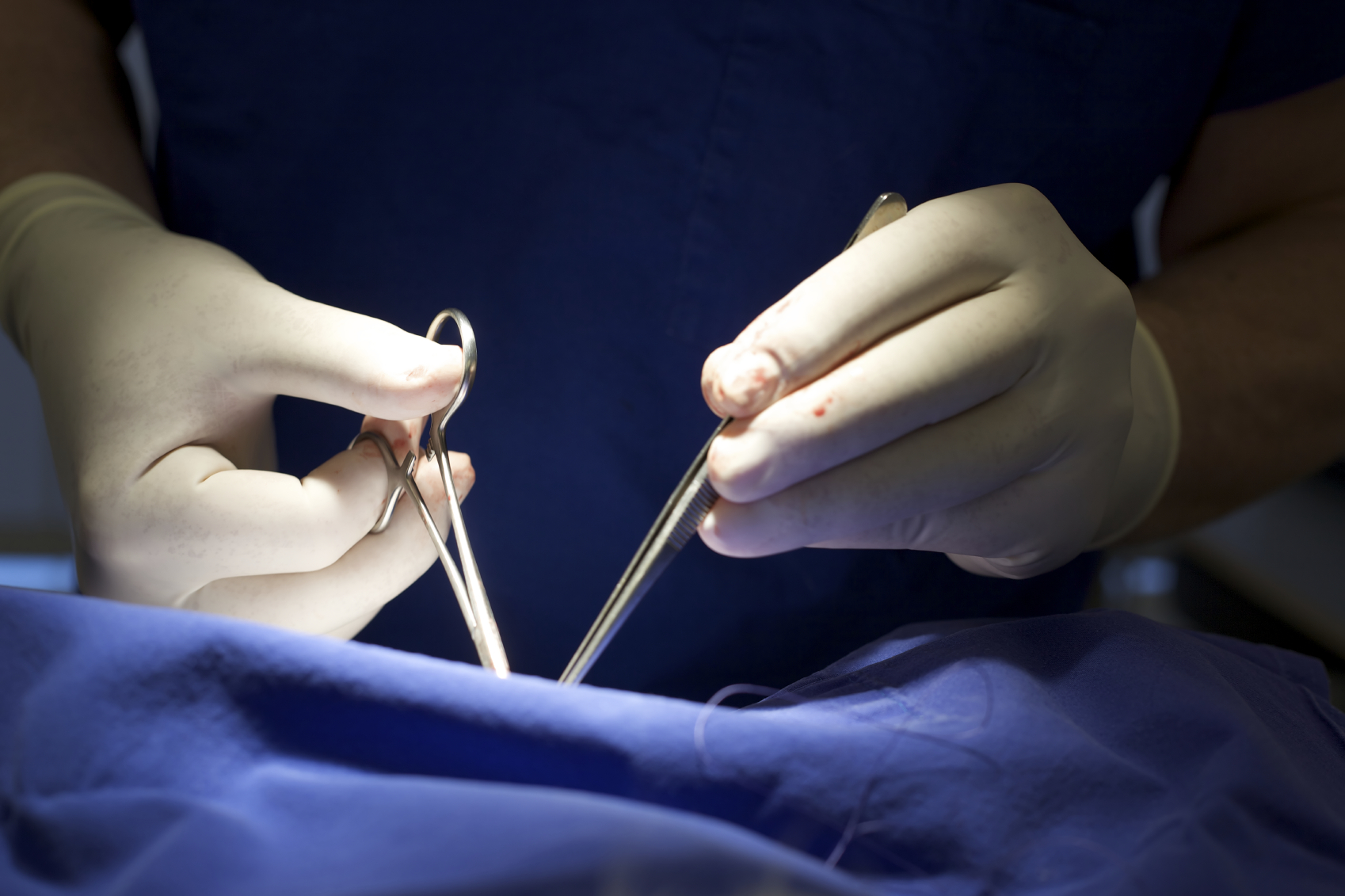The FDA has received thousands of reports of complications involving the use of transvaginal mesh products. On January 4, 2016, the agency released FDA strengthens requirements for surgical mesh for the transvaginal repair of pelvic organ prolapse to address safety risks. Defendants in lawsuits over transvaginal mesh devices include Johnson & Johnson, C.R. Bard, Caldera, and Boston Scientific Corp. In August 2015, C.R. Bard agreed to pay $200M to transvaginal mesh injury plaintiffs.
Urologists trained in female pelvic medicine and reconstructive surgery deal with pelvic floor issues such as incontinence, organ prolapse, and pelvic pain. These experts are called upon to evaluate injuries in transvaginal mesh device litigation. Plaintiffs allege that poor design and substandard materials have caused side effects including bleeding, organ perforation, severe pelvic pain, urinary problems, infection, and nerve damage.
The USDA has raised the level of risk for these devices from class 2 to class 3.
The U.S. Food and Drug Administration today issued two final orders to manufacturers and the public to strengthen the data requirements for surgical mesh to repair pelvic organ prolapse (POP) transvaginally, or through the vagina. The FDA issued one order to reclassify these medical devices from class II, which generally includes moderate-risk devices, to class III, which generally includes high-risk devices, and a second order that requires manufacturers to submit a premarket approval (PMA) application to support the safety and effectiveness of surgical mesh for the transvaginal repair of POP.
Urology expert witnesses are uniquely qualified to consult and testify in litigation over transvaginal mesh products. These physicians are experienced in addressing safety concerns and risks for these devices ranging from serious complications to possible major surgery.

